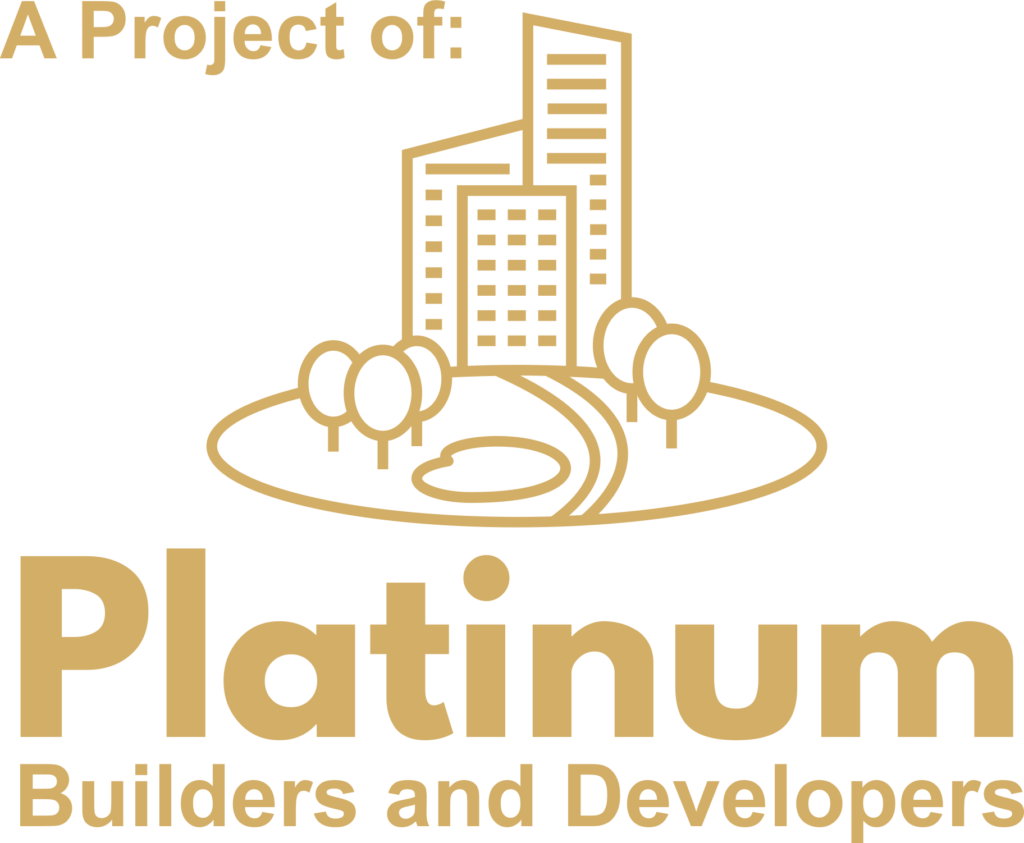Saria, also known as rebars, are steel reinforcement bars widely used in construction. In Pakistan, the Saria rate plays a crucial role in determining the cost of construction projects. Understanding the factors influencing the Saria rate and its impact on the construction sector is essential for builders, contractors, and investors. In this article, we will analyze the concept of the Saria rates in Pakistan, their determinants, and their significance in the construction industry.
Definition and Purpose
Saria refers to steel reinforcement bars used in construction projects to strengthen and stabilize concrete structures. These bars are typically made from carbon steel and have ridges or deformations to enhance their bond with concrete. The primary purpose of Saria is to reinforce concrete and withstand tensile forces, ensuring the structural integrity of buildings and infrastructure.
Saria Rates in Pakistan Today Per KG | Steel Saria Rates in Pakistan for 2023
| Steel Iron Rod Size in Sutar/mm | 40 Grade Rate in KG | 40 Grade Rate in Metric Ton | 60 Grade Rate in KG | 40 Grade Rate in Metric Ton |
|---|---|---|---|---|
| 3 sutar / 10mm | Rs. 255 Per KG | Rs. 255,000 Per Metric Ton | Rs. 257 Per KG | Rs. 257,000 Per Metric Ton |
| 4 sutar / 12mm | Rs. 253 Per KG | Rs. 253,000 Per Metric Ton | Rs. 255 Per KG | Rs. 255,000 Per Metric Ton |
| 5 sutar / 16mm | Rs. 253 Per KG | Rs. 253,000 Per Metric Ton | Rs. 256 Per KG | Rs. 256,000 Per Metric Ton |
| 6 sutar / 20mm | Rs. 253 Per KG | Rs. 253,000 Per Metric Ton | Rs. 256 Per KG | Rs. 256,000 Per Metric Ton |
| 7 sutar / 22mm | Rs. 252 Per KG | Rs. 252,000 Per Metric Ton | Rs. 255 Per KG | Rs. 255,000 Per Metric Ton |
| 8 sutar / 25mm | Rs. 252 Per KG | Rs. 252,000 Per Metric Ton | Rs. 255 Per KG | Rs. 255,000 Per Metric Ton |
Steel Manufacturing Companies In Pakistan
Here is a list of some prominent steel companies in Pakistan that produce iron rods or rebars commonly known as “saria”:
- Pakistan Steel Mills
- Ittehad Steel
- Mughal Steel
- Amreli Steel
- Ittefaq Steel
- Kamran Steel
- AF Steel
- FF Steel
- Al Haj Asia Star Steel
Please note that this list is not exhaustive and there might be other companies as well. It’s always a good idea to research and compare the quality and prices offered by different companies before making any purchasing decisions.
Types of Saria
There are various types of Saria available in the market, each designed for specific construction requirements. The most common types include:
- Mild Steel Bars (MS): These are plain round bars without any deformations and are used in low-stress applications.
- High Yield Strength Deformed Bars (HYSD): These bars have deformations on their surface to improve bonding with concrete and are suitable for medium to high-stress applications.
- TMT Bars: Thermo-Mechanically Treated bars are a newer type of Saria that undergo a specialized manufacturing process to enhance their strength and durability.
Factors Influencing Saria Rate
The Saria rate in Pakistan is influenced by several factors, including:
Global Steel Prices
As steel is a globally traded commodity, fluctuations in international steel prices have a significant impact on the Saria rate. Changes in demand and supply dynamics, geopolitical factors, and trade policies of steel-producing countries can lead to price volatility in the global steel market, thereby affecting the cost of Saria in Pakistan.
Currency Exchange Rates
Since Pakistan imports a significant portion of its steel requirements, fluctuations in currency exchange rates can influence the cost of imported Saria. A weaker local currency against major trading currencies can lead to higher import costs and subsequently impact the Saria rate.
Domestic Supply and Demand
The balance between the domestic supply and demand for Saria also affects its rate. If the demand for construction projects increases, while the supply of Saria remains constant or decreases, the price of Saria is likely to rise. Conversely, if the supply surpasses the demand, the Saria rate may decrease.
Government Policies and Regulations
Government policies and regulations related to steel imports, taxes, and duties can significantly impact the Saria rate. Changes in import duties, taxation policies, or trade agreements can influence the overall cost of Saria and subsequently affect the construction industry.
Impact of Saria Rate on Construction Industry
The Saria rate plays a pivotal role in shaping the construction industry in Pakistan. Here are some key impacts:
Cost of Construction Projects
The Saria rate directly affects the overall cost of construction projects. As Saria is a fundamental component of reinforced concrete structures, fluctuations in its rate can significantly impact project budgets. Builders and contractors need to consider the Saria rate when estimating project costs to ensure profitability and competitiveness.
Profit Margins for Contractors
Contractors’ profit margins are directly influenced by the Saria rate. When the Saria rate increases, contractors face higher procurement costs, potentially reducing their profit margins. Conversely, a decrease in the Saria rate can improve profitability for contractors, allowing them to offer more competitive prices to clients.
Real Estate Market
The Saria rate indirectly affects the real estate market in Pakistan. Changes in the cost of construction due to fluctuations in the Saria rate can influence property prices and rental rates. Higher construction costs may lead to increased property prices, while lower construction costs can make housing more affordable, potentially impacting the overall demand and supply dynamics of the real estate market.
Historical Trends in Saria Rate
Price Fluctuations Over Time
The Saria rate in Pakistan has experienced significant fluctuations over the years. External factors such as global steel prices, geopolitical events, and economic conditions have contributed to these fluctuations. It is important for stakeholders in the construction industry to monitor historical trends and understand the factors driving price changes to make informed decisions.
Seasonal Variations
Seasonal variations can also impact the Saria rate. For example, during the monsoon season, the demand for construction materials may decrease, leading to a potential decrease in the Saria rate. Conversely, during peak construction periods, the Saria rate may rise due to increased demand.
Strategies for Managing Saria Rate Fluctuations
To mitigate the impact of Saria rate fluctuations, builders, contractors, and investors can adopt the following strategies:
Hedging Techniques
Hedging involves entering into futures contracts or other financial instruments to protect against adverse price movements. By hedging their Saria purchases, stakeholders can minimize the risk associated with price fluctuations, ensuring more predictable project costs.
Long-Term Contracts
Establishing long-term contracts with reliable Saria suppliers can provide stability in terms of pricing and supply. Long-term agreements can offer fixed or predetermined rates, safeguarding stakeholders from sudden price spikes and ensuring a continuous supply of Saria.
Alternative Construction Materials
Exploring alternative construction materials can help reduce reliance on Saria and its associated price volatility. Builders and engineers can consider options such as composite materials, pre-stressed concrete, or other innovative solutions that offer comparable strength and cost-effectiveness.
Future Outlook for Saria Rate
Market Projections
Market projections indicate that the Saria rate in Pakistan is expected to remain influenced by global steel prices, currency exchange rates, and domestic supply and demand dynamics. Continued monitoring of these factors and staying abreast of market trends will be essential for industry professionals to make informed decisions.
Technological Advancements
Advancements in manufacturing technologies and processes may impact the future Saria rate. Innovations such as the development of stronger and more sustainable construction materials could potentially influence the demand for Saria. As new technologies emerge, it is important for industry stakeholders to stay updated on the latest advancements and assess their potential impact on the Saria rate.
Conclusion
The Saria rate in Pakistan is a crucial factor in the construction industry, directly impacting project costs, profit margins for contractors, and the overall real estate market. Understanding the factors influencing the Saria rate, such as global steel prices, currency exchange rates, domestic supply and demand, and government policies, is vital for stakeholders to make informed decisions. By implementing strategies like hedging, long-term contracts, and exploring alternative construction materials, industry professionals can manage the impact of Saria rate fluctuations and ensure more predictable and cost-effective construction projects.
Saria Rates in Pakistan FAQs
What is the current Saria rate in Pakistan?
The current Saria rate in Pakistan can vary and is influenced by factors such as global steel prices, currency exchange rates, and domestic supply and demand. It is advisable to check with local suppliers or industry sources for the most up-to-date information.
How often does the Saria rate change?
The Saria rate can change periodically, depending on various factors such as market conditions, global steel prices, and government policies. It is important to regularly monitor these factors to stay informed about potential rate fluctuations.
Can builders predict future Saria rate fluctuations?
While it is challenging to predict future Saria rate fluctuations with absolute certainty, builders can monitor market trends, global steel prices, and economic indicators to gain insights into potential changes. This information can help them make more informed decisions regarding project costs and pricing.
Are there any government initiatives to stabilize the Saria rate?
Government initiatives and policies can play a role in stabilizing the Saria rate. These may include import duties, taxation policies, and regulations related to the steel industry. It is essential for industry professionals to stay informed about such initiatives and their potential impact on the Saria rate.
What are the alternatives to Saria in construction projects?
There are alternatives to Saria in construction projects, such as composite materials, pre-stressed concrete, and other innovative solutions. These alternatives offer comparable strength and cost-effectiveness while potentially reducing reliance on Saria and its associated price volatility.



